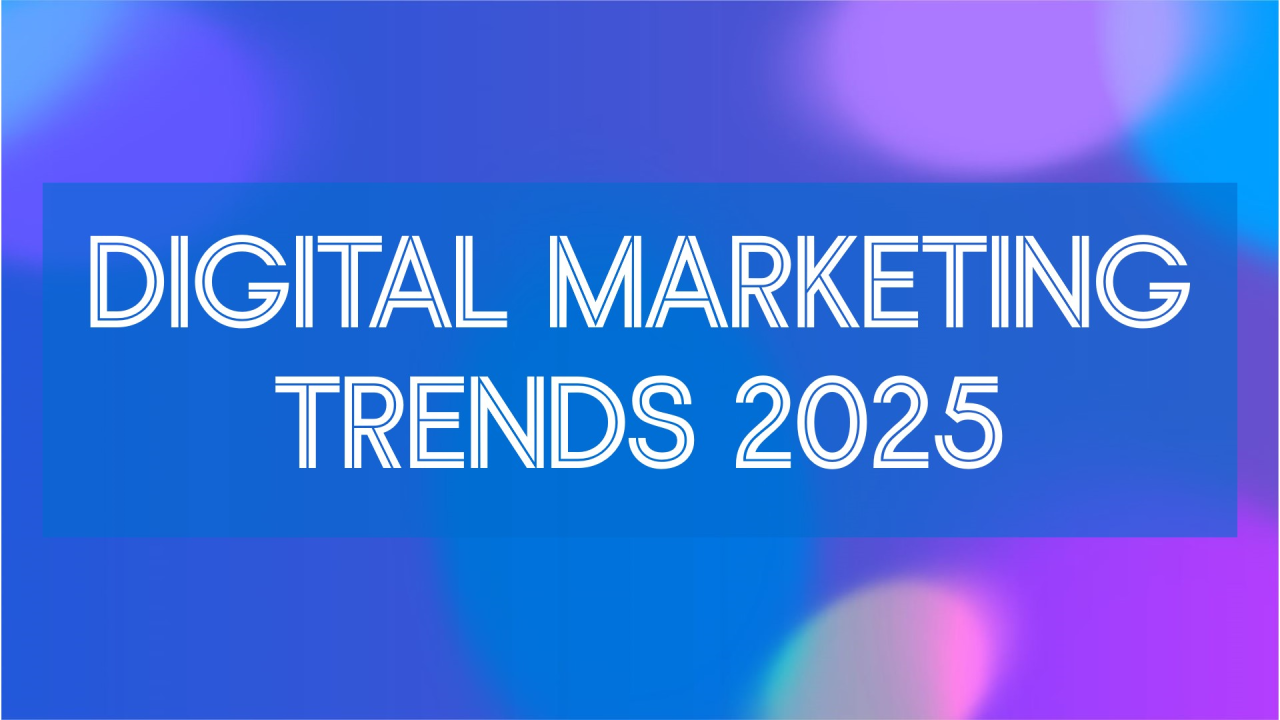Physical Address
304 North Cardinal St.
Dorchester Center, MA 02124
Physical Address
304 North Cardinal St.
Dorchester Center, MA 02124

Experts at Effeect digital marketing agency have conducted thorough research about the digital marketing trends to expect in the coming year. As we approach 2025, digital marketers face an evolving landscape.
New technologies like Generative AI, advancements in Martech, and shifts in consumer behavior will reshape strategies. Marketers will have to adapt to these shifts, focusing on efficiency, strategy, and smarter marketing techniques. Here are trends that will define digital marketing next year.
AI is now a vital tool for digital marketers. It automates content generation, from social media posts to email copy, saving time and resources. Yet, its real power lies in personalization.
Marketers can customize content to different audience segments, improving engagement rates. For instance, AI-driven platforms like ChatGPT can help craft customized messages that connect with different consumer personas.
However, the rise of AI brings new challenges, including maintaining content quality and ethical concerns. Marketers must ensure they don’t rely too heavily on AI without human oversight. Setting clear AI governance policies will be key to maintaining brand voice and integrity.
The rise of zero-click search results has been a significant shift for marketers. With features like rich snippets and AI-generated responses, search engines now answer user queries directly on the results page.
As a result, fewer users click through to websites. Marketers must adjust by optimizing for visibility within these SERP features, focusing on high-quality content and structured data to ensure their content appears in these snippets.
Pro tip: Shift your SEO strategies to focus on appearing in rich snippets and other zero-click areas, such as featured snippets and knowledge panels. This will help increase brand visibility, even if users don’t click on your website.
A clear digital marketing strategy is essential, yet many businesses still operate without one. Despite engaging in digital marketing, over 40% of companies do not have a dedicated digital marketing plan in place.
Developing a digital strategy ensures that all efforts are aligned with business goals and helps measure success.
Pro tip: If your company needs a formal digital strategy, start by auditing your marketing activities. Find areas for improvement and make a roadmap to optimize your digital marketing approach for 2025.
AI is not just for content creation—it’s transforming how marketers plan, execute, and analyze campaigns. AI-assisted tools can help automate reporting, segmentation, and customer analysis, enabling marketers to make data-driven decisions more efficiently.
For instance, AI-powered analytics platforms can predict customer behavior, allowing businesses to target the right audience at the right time.
Example: Companies like Amazon use AI to recommend products based on user behavior, boosting conversions significantly. Marketers can adopt similar techniques for their email campaigns or social media ads.
As the martech landscape grows, the importance of composability increases. Marketers now demand easily integrated software tools that enable better data flow across platforms. This flexibility allows businesses to customize their marketing stack, integrating best-of-breed tools instead of relying on monolithic solutions.
Pro tip: Review your current marketing technology stack and look for areas where you can integrate more flexible tools. Focus on building a leaner, more efficient setup that maximizes ROI.
Personalization is no longer a luxury—it’s a necessity. Customers expect tailored experiences and businesses that fail to meet this demand risk falling behind.
Marketers can create personalized content that resonates with each individual by leveraging data from website interactions, purchase history, and social media behavior.
Example: Netflix uses sophisticated algorithms to recommend content, driving higher user engagement. Similarly, marketers can use customer data to personalize email campaigns, product recommendations, or ad targeting.
Content marketing is still a cornerstone of successful digital strategies. However, marketers are now focusing more on strategic content that builds long-term brand value. Video content, blogs, and interactive media engage audiences better than traditional formats.
In 2025, content marketing will emphasize building awareness, trust, and community. Marketers will move beyond just driving traffic to their sites and focus on creating content that educates and connects with audiences.
Pro tip: Assess your content marketing strategy for 2025. Focus on creating high-value content that resonates with your target audience rather than just optimizing for SEO.
Conclusion
Digital marketing trends will continue to evolve in 2025. Staying ahead of these trends ensures your brand adapts effectively. From AI-powered tools to smarter content strategies, these shifts will enhance efficiency and impact. Prepare now to stay competitive.